Researchers pioneer MTF-engineering framework, leveraging meta-optics and AI for thinner, lighter, and higher-quality infrared imaging.
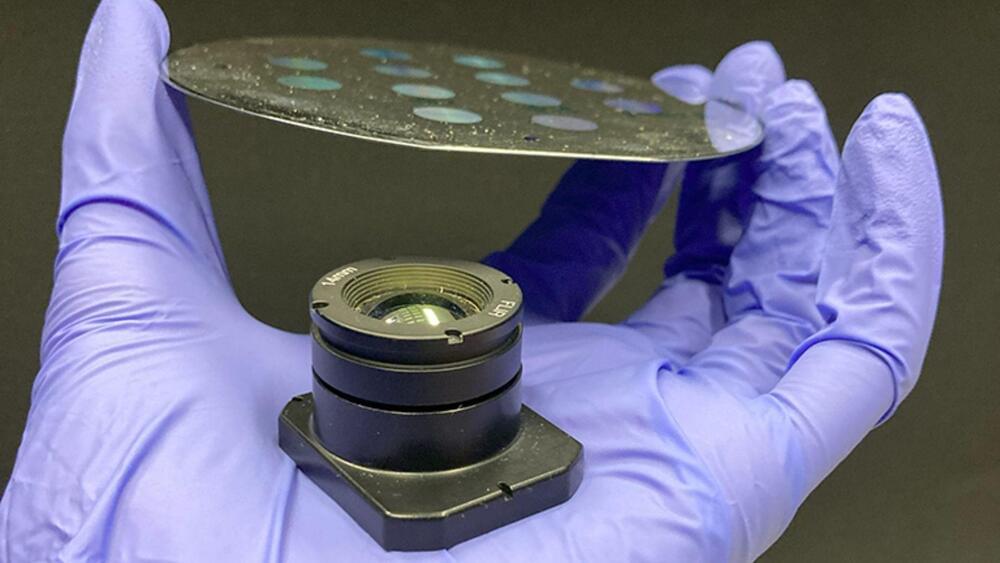

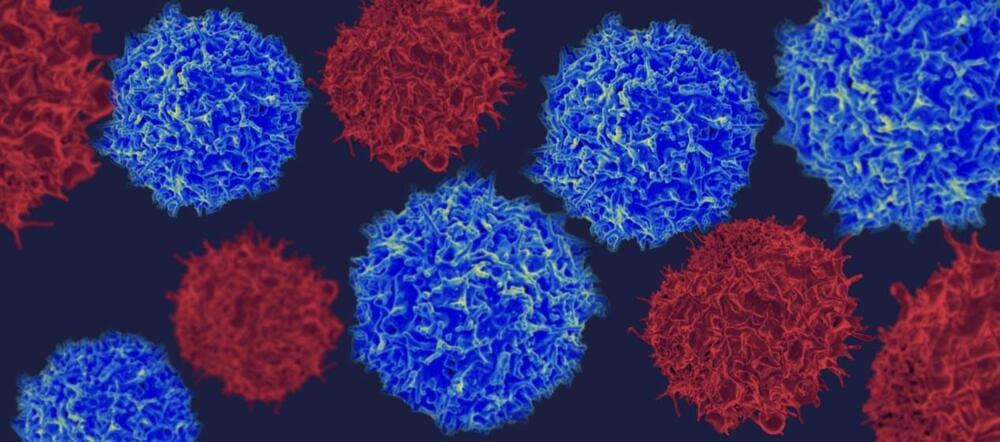
The manufacturing process for personalized T-cell therapies hardly begins before it stalls. Why? Right at the start, there is a severe bottleneck: the need to identify patient-derived, tumor-reactive T-cell receptors (TCRs).
To overcome this bottleneck, scientists at the German Cancer Research Center (DKFZ) and the University Medical Center Mannheim have developed predicTCR, a machine learning classifier. According to the scientists, it can identify individual tumor-reactive tumor-infiltrating lymphocyte (TILs) in an antigen-agnostic manner based on single-TIL RNA sequencing.
The scientists also assert that prediTCR can halve the time it takes to get past the bottleneck, helping to reduce the overall time needed to make a personalized T-cell therapy for cancer patients. Since the overall time is at least six months, any reduction in the time needed to complete any manufacturing step is welcome.
Humanity’s Michael Geer explains what Large Biological Models are and why they are the next giant leap in health.
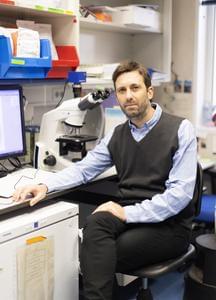
Until now, it was not clear how hepatocytes were assigned tasks related to their localization. Researchers at the Spanish National Cancer Research Center (CNIO) have discovered that a gene, mTOR, is responsible for organizing the hepatocyte position map.
They also found that what triggers hepatocyte specialization is feeding after birth. The difference is marked by how nutrients reach the organism before and after birth: with no interruptions through the umbilical cord in one case, or in an intermittent fashion –when eating– in the other. The alternation of periods with and without available nutrients activates the mTOR gene and causes the hepatocytes to specialize, which completes the maturation of the liver.
Short version: You should be taking NAD boosters.
Professor Danica Chen from UC Berkeley presents ways to protect mitochondria and reverse stem cell aging in this video.
https://pubmed.ncbi.nlm.nih.gov/36255…
https://pubmed.ncbi.nlm.nih.gov/32504…
https://www.sciencedirect.com/science…
https://pubmed.ncbi.nlm.nih.gov/37146…
https://pubmed.ncbi.nlm.nih.gov/37919…
Please note that the links below are affiliate links, so we receive a small commission when you purchase a product through the links. Thank you for your support!
=*=*=*=*=*=*=*=*=*=*=*=*=*=*=*=*=*=*=*=*=*=*=*=*=*=*=*=*=*=*=*=*=*=
~*~ ProHealth, DoNotAge, RenueByScience~*~ Discount Coupon CODE: REVERSE
🌏ProHealth Longevity 15% OFF All Products https://prohealth.pxf.io/REVERSEAGING
Trans-Resveratrol 500mg Caps https://prohealth.pxf.io/TransResvera…
TMG Pro Powder (100 grams) https://prohealth.pxf.io/TMG100
Calcium AKG 500mg Caps https://prohealth.pxf.io/CaAKG
Full Spectrum Apigenin https://prohealth.pxf.io/apigenin.
Longevity Collagen https://prohealth.pxf.io/LongevityCol…
Berberine Pro 600 mg Caps https://prohealth.pxf.io/Berberine.
Astaxanthin 12mg https://prohealth.pxf.io/astaxanthin.
NAD+ Triple Boost https://prohealth.pxf.io/NADTripleBoost.
Alpha Lipoic Acid 1g https://prohealth.pxf.io/ALA
🧬 DoNotAge 10% OFF All Products http://tinyurl.com/wk688hav.
Pure Vitamin D3, K2 \& Magnesium http://tinyurl.com/ywxx3j7c.
Pure Spermidine http://tinyurl.com/yc2xbp65 Pure Fisetin http://tinyurl.com/3vhtt7a3
SIRT6 Activator http://tinyurl.com/mss7vrrn.
🔬Renue By Science 10% OFF All Products https://bit.ly/3pAFwDY

ICYMI: March 15, 2024 was World Sleep Day.
Sleep is super important for the brain — that’s when memories can be turned from short term to long term memories. And during sleep the brain’s cleaning system is working at full capacity! 🫧🧼🚿💦
During sleep, our brains are busy consolidating memories and removing waste to keep our minds sharp. Recent findings from Yale on sleep hygiene and more.
NEW ORLEANS, March 18, 2024 — Doctors have long prescribed exercise to improve and protect health. In the future, a pill may offer some of the same benefits as exercise. Now, researchers report on new compounds that appear capable of mimicking the physical boost of working out — at least within rodent cells. This discovery could lead to a new way to treat muscle atrophy and other medical conditions in people, including heart failure and neurodegenerative disease.
The researchers will present their results today at the spring meeting of the American Chemical Society (ACS). ACS Spring 2024 is a hybrid meeting being held virtually and in person March 17–21; it features nearly 12,000 presentations on a range of science topics.
“We cannot replace exercise; exercise is important on all levels,” says Bahaa Elgendy, the project’s principal investigator who is presenting the work at the meeting. “If I can exercise, I should go ahead and get the physical activity. But there are so many cases in which a substitute is needed.”
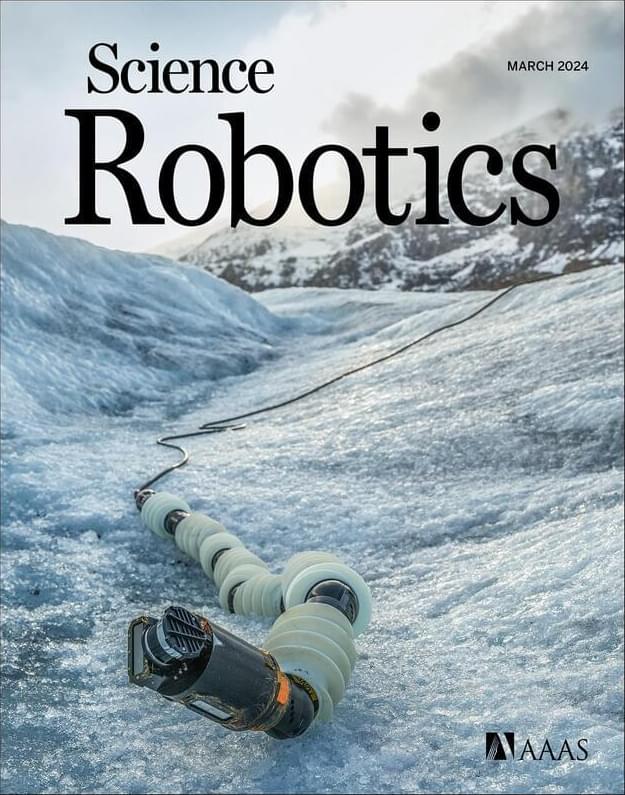
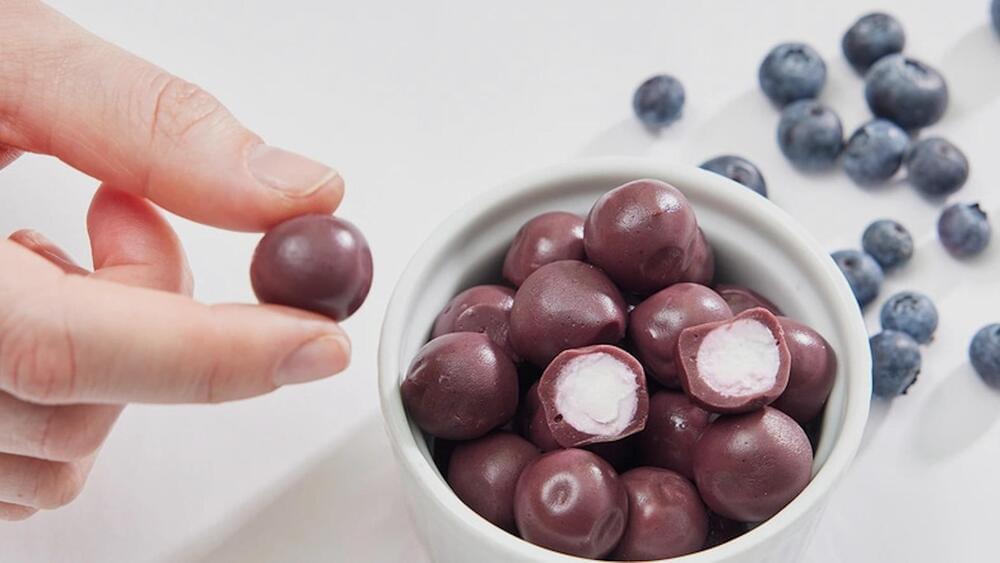
The company’s long-lasting products may even help cut down on discarded food, around a third of which is tossed globally every year.
That waste then releases methane, a powerful heat-trapping gas, as it goes through the process of breaking down in landfills, contributing to rising global temperatures linked to extreme weather events that frequently cause displacement or damage vital food crops.
According to Packaging Digest, even though foodberries are perishable, they are safe and tasty to eat for anywhere from 60 to 90 days, though frozen items can last for more than a year.
